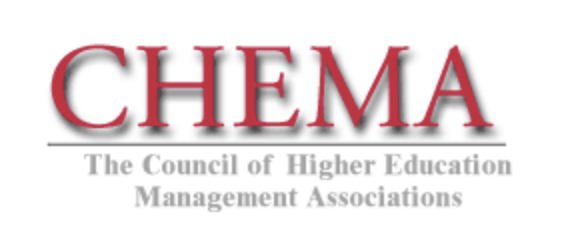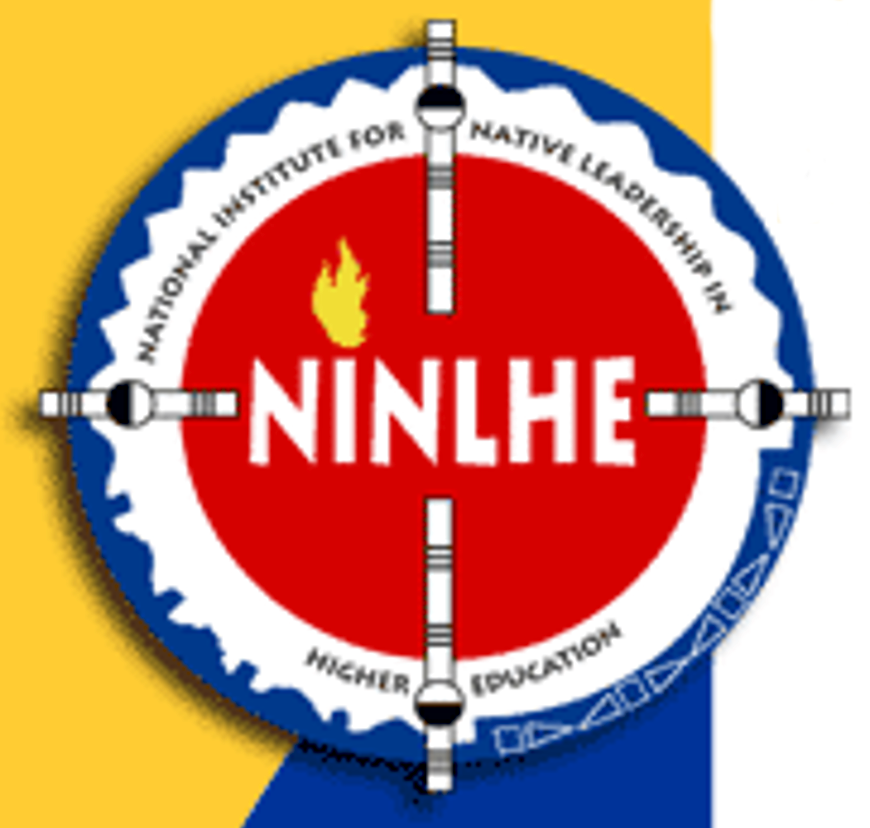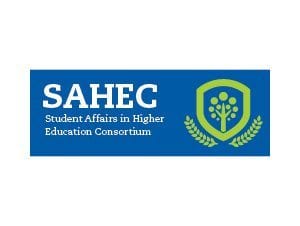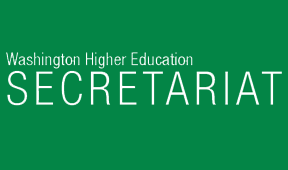proud partnerships
ACPA has cultivated extensive Education, Association, and Corporate Partnerships and we are proud to work with and support our partners listed below. Please visit their respective websites for additional information and to learn about the education or advocacy they provide.

Council for the Advancement of Standards
The Council for the Advancement of Standards in Higher Education (CAS) is a consortium of over 40 professional associations concerned with the creation and promotion of professional standards for the development, assessment, and improvement of quality student learning, programs, and services. ACPA has been actively involved in CAS since its inception in 1979 and sends liaisons to its board. As a means of supporting ACPA members in their professional endeavors, we provide complimentary access to CAS Standards and Guidelines through the ACPA Member Portal.
The CAS Self-Assessment Guides for all 50 sets of CAS Standards are available for purchase as downloadable electronic documents from the online CAS Store. These downloadable assessment workbooks include the standards and guidelines along with a series of “criterion measure” statements used to judge the level of program compliance with the standard. More products are available on the CAS Store.
History with ACPA
ACPA was a founding member of the Council for Advancement of Standards in Higher Education in 1979. CAS is a consortium comprised of over 40 member organizations and nearly 100,000 professionals with a mission to “promote the improvement of programs and services to enhance the quality of student learning and development. CAS is a consortium of professional associations who work collaboratively to develop and promulgate standards and guidelines and to encourage self-assessment” (CAS, 2008).
Standards
- Standards
- General Standards (log in to the ACPA Member Portal for access)
- Learning and Development Outcomes
- Characteristics of Individual Excellence
Contact the ACPA CAS Representatives
Each CAS member organization is provided the opportunity to have two representatives. CAS recommends that the representatives serve for a three-year period and are appointed by the ACPA President. ACPA has a rich legacy of involved and engaged representatives.
The role of these individuals is to represent ACPA and to actively engage within CAS. The ACPA representatives have the opportunity to serve on the different Standard Review Committees, vote on the adoption of revised Standards, engage with other organizational representatives and engage in discussions about the role of CAS. The ACPA CAS representatives also coordinate and facilitate sessions about CAS during the annual convention and other professional development activities. In addition, the representatives are available year-round to assist ACPA members with their questions about CAS, the CAS program review process, the different functional area standards and more. We encourage you to reach out to the representatives.
Ray Plaza Shaun Boren
Senior Director, Office for Diversity and Inclusion Director, Student Life Assessment & Research
Santa Clara University University of Florida
[email protected] // (408) 551-3383 [email protected] // 352-846-4956

Council of Higher Education Management Associations (CHEMA)
ACPA is a member organization of the Council of Higher Education Management Associations (CHEMA) is an informal voluntary assembly of management-oriented higher education associations in the United States and Canada. By sharing information, comparing experiences, and working collectively on projects of shared interest, CHEMA members maximize their resources and create substantial benefits for the colleges and universities they represent.
CHEMA traces its roots to a group of association executives who attended the NACUBO annual meetings in the late 1960s. Established in 1971, CHEMA’s first meeting, with fifteen associations in attendance, was held in New York in conjunction with NACUBO’s annual meeting. At that time, the organization was called Inter-Association Management-Related Group (IMRG). The organization was known as IMRG for eighteen years until it was decided, in June 1989, to change the name to better reflect the group’s representation and affiliation with the higher education community.


Silos on campus are frequently reported as a top barrier to effective change and cohesive operations. ACPA, NACAS, and SCUP have come together to imagine and implement association-led solutions and resources to address the overdue and urgent need for systemic transformation in higher education. By working together and creating interdisciplinary educational experiences for higher education professionals, the three associations hope to mirror successful cross-functional collaboration that we want our communities to implement.

NATIONAL INSTITUTE FOR NATIVE LEADERSHIP IN HIGHER EDUCATION (NINLHE)
NINLHE works to enhance the professional development of Native and non-Native higher education professionals to improve Native student recruitment, retention and graduation rates. By strengthening the capacity of these individuals, who are essential for Native student success, and promoting culturally appropriate practices, NINLHE improves the educational training and experiences of Native students, as well as the professional environment for staff and faculty across the United States and Canada. As a peer among other professional associations, NINLHE will use our collective expertise and influence to provide leadership to the national higher education community.

Student Affairs in Higher Education Consortium (SAHEC)
The Student Affairs in Higher Education Consortium (SAHEC), a CHEMA subgroup, promotes the understanding of learning and development as intertwined, inseparable elements of the college student experience. The Learning Reconsidered resources are SAHEC efforts.

Washington Higher Education Secretariat
The Washington Higher Education Secretariat (WHES) was formed in 1962 to serve as a forum for Chief Executive Officers of national higher education associations. The Secretariat is composed of chief executives from approximately 50 plus associations, each of which serves a significant sector or function in postsecondary education.
The primary purposes of the Secretariat are:
- To provide a forum for association chief executives to consider strategic issues, to review trends/challenges confronting higher education and to develop responses, and to learn from colleagues and external experts.
- To study specific issues through working groups consisting of Secretariat members.
- To provide opportunities for networking and collaboration among member associations.
WHES is coordinated by the Office of the President of the American Council on Education (ACE).
Strategic Partnerships
- National Resource Center for the First-Year Experience and Students in Transition
- Association of Fraternal Leadership & Values
- Association of Fraternity/Sorority Advisors
- Canadian Association of College and University Student Services
- Convergence on Campus
Education Partnerships
- Center for Collegiate Mental Health (CCMH)
- Diverse Issues in Higher Education
- National Campus Leadership Council
- Stylus Publishing
Association Membership
- Council of Higher Education Management Associations (CHEMA)
- Higher Education Associations Sustainability Consortium (HEASC)
- Higher Education Compliance Alliance
Association Partnerships
- American College Health Association (ACHA)
- Association of College Unions International (ACUI)
- American Council on Education (ACE)
- Association for Student Affairs at Catholic Colleges and Universities (ASACCU)
- Association of American Colleges and Universities (AAC&U)
- Association of College and University Housing Officers International (ACUHO-I)
- Association of Fraternity/Sorority Advisors (AFA)
- Association for Student Conduct Administration (ASCA)
- Association for the Study of Higher Education (ASHE)
- Campus Compact
- Coalition of Higher Education Associations for Substance Abuce Prevention
- Council for the Advancement of Standards in Higher Education (CAS)
- Higher Education Compliance Alliance (HECA)
- Hillel
- Jesuit Association of Student Personnel Administrators (JASPA)
- National Association for Campus Activities (NACA)
- National Academic Advising Association (NACADA)
- National Association of Colleges and Employers (NACE)
- National Association of Diversity Officers in Higher Education (NADOHE)
- National Association of Student Affairs Professionals (NASAP)
- National Association of Student Financial Aid Administrators (NASFAA)
- National Association Student Personnel Administrators (NASPA)
- National Collegiate Leadership Association (NCLA)
- National Clearinghouse for Leadership Programs (NCLP)
- National Intramural-Recreational Sports Association (NIRSA)
- National Orientation Directors Association (NODA)
